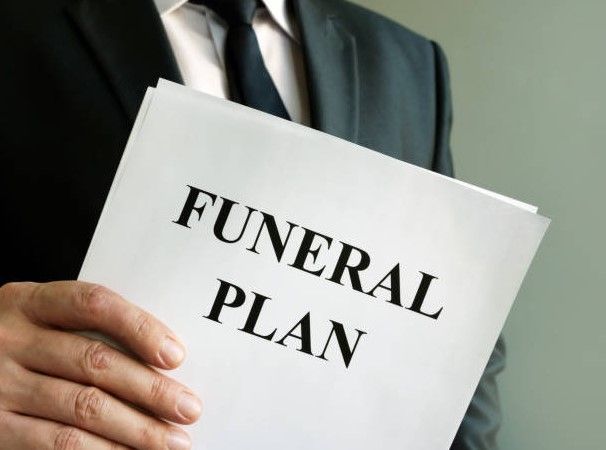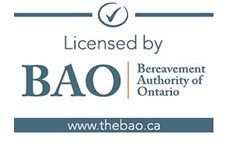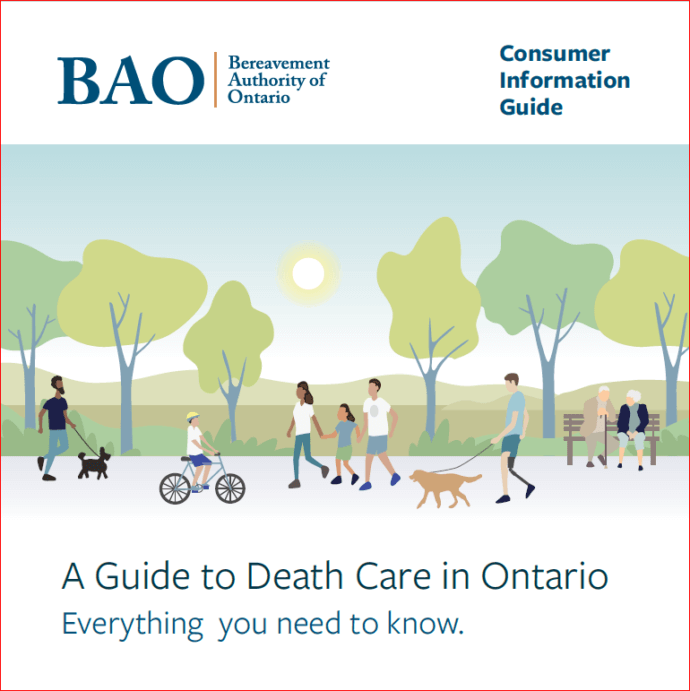The Importance of Ethics
The Importance of Ethics — Industry Insight
Over the past few decades, the number of traditional funeral services has been declining. Our society is becoming increasingly skeptical of corporations, and in an economy that is stretched thin, we value our money more than ever. Even as far back as the ‘80s, transfer services arose in response to the public’s desire for quicker, cheaper, and hassle-free funeral alternatives.
We get it. We see all too often bereavement professionals pushing their own agendas during arrangements, taking advantage of grieving families, and the nickel-and-diming of their services and merchandise to their clients. Even though helping people is what this business is supposed to be about, unfortunately, the bottom line often takes precedence over empathy. For all of these reasons, we agree that the funeral industry deserves the scrutiny it’s been getting.
Ethics are more important than anything in this industry, more so than in many other fields. We see people when they may be at their lowest points, overcome by grief, and overwhelmed by all the confusing decisions. This is why it’s so important for bereavement professionals to be honest, gentle, and to listen to their clients, as well as being financially sensitive.
It’s also very important that people find the right fit for them. So, do your homework, ask all your questions, and shop around — you would shop around for a house, or a car, and finding the right funeral establishment for you should be no different. The best, most impactful funerals happen when you foster a relationship with a professional. Take the time to find someone you like and trust, and cultivate a relationship based on your best interests. Also be sure to know your rights; this is why our regulatory body, the Bereavement Authority of Ontario (BAO) exists, not for our benefit, but to protect consumers.
However, there are costs involved in funerals. From documentation, to man-hours, to traveling, it can be a very involved process. Take a casket, for example — one of the most notoriously large expenses. Depending on the material, interior, decor, and finish, it can actually be a very valuable product. Hardwood that will take fifty years to reproduce is much more valuable than pressboard, which is readily available and cheap to make. Natural silk interiors are more valuable than polyester. Then, there’s the by-hand finish, the manufacturer's labour costs, delivery, and overhead. And that’s before it even arrives at the funeral home. We have our own costs to factor in before we can break even. Caskets are far more than just wooden boxes, and they’re not needlessly pricey. True, there are many establishments that do inflate them exorbitantly, but there’s a difference between pricing and mark-up.
So, what does all this mean for YOUR funeral? There isn’t really an answer. It all depends on your needs. But, while we are aware that there exist unethical practices in the funeral industry, you’ll run into the same issues in every corner of life. Don’t let that deter you from doing research — you might just find a professional with the values you need to help you through a difficult time. Funerals are an important part of the grieving process, immensely valuable in honouring a life lived. If you celebrated their birthdays and anniversaries, why not their final milestone?











